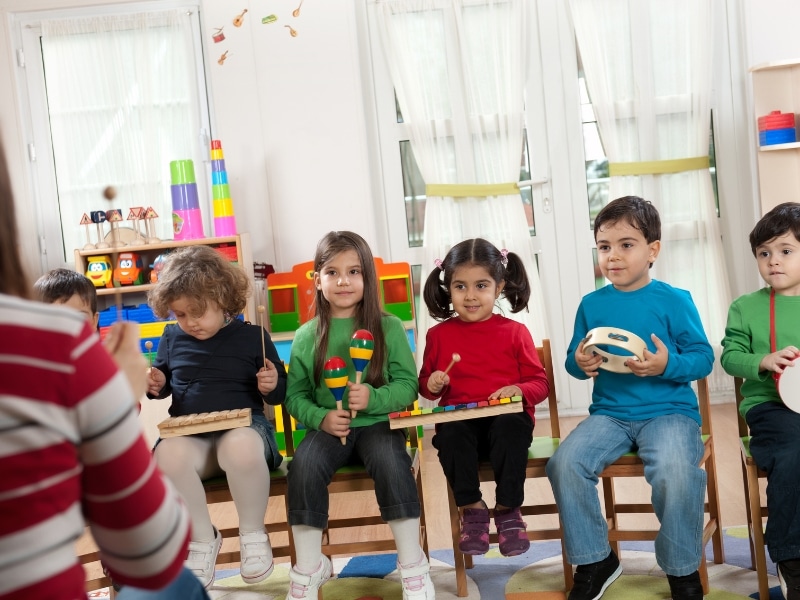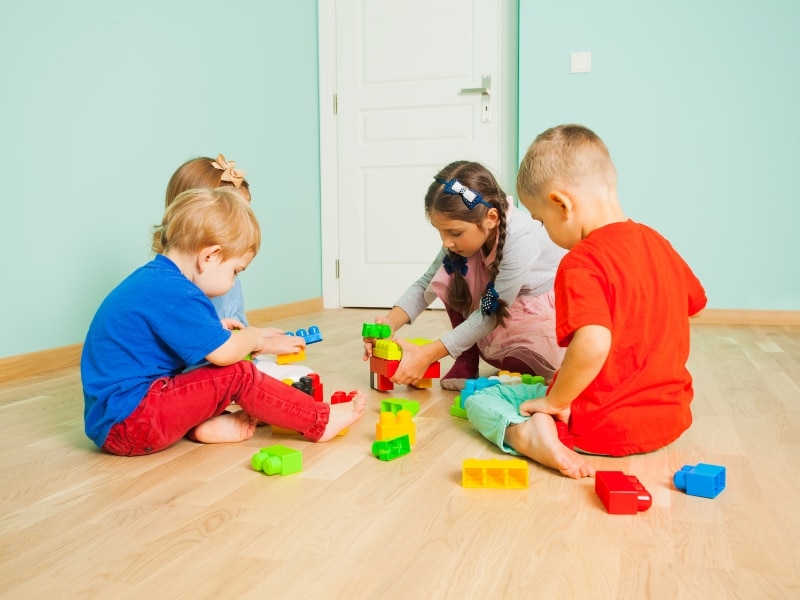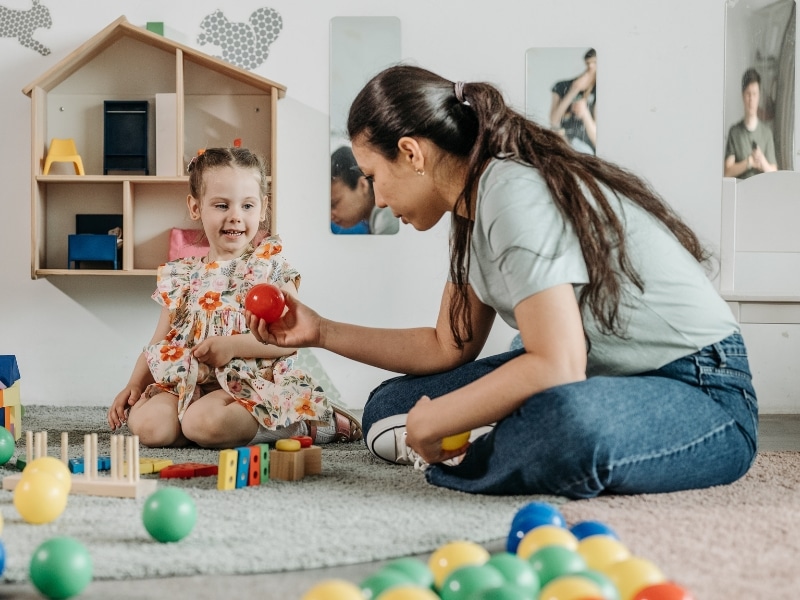When is the Best Time to Do a School Readiness Test?

Starting school is a major step, and the right timing for a school readiness test can make it smoother. It’s not just about age—social, emotional, and cognitive readiness all matter. If you’re seeing signs your child might benefit from extra support or just want reassurance they’re on track, the timing of the test becomes critical. This article explains how to pick that moment, what to expect from the process, and how to use the results to help your child thrive in their first classroom experience.
What indicators suggest a child needs a school readiness test?
You might start seeing clues long before school starts. These indicators can come from carers, teachers, or even day-to-day interactions at home.
-
- Struggles to follow multi-step instructions, often stopping after the first or second task.
-
- Limited interaction with peers, such as avoiding group play or failing to engage in back-and-forth conversation.
-
- Frequent emotional outbursts, especially in structured or unfamiliar settings.
-
- Avoids fine motor tasks like drawing, using scissors, or doing up buttons, even when encouraged.
-
- Highly sensitive to new experiences, sometimes refusing to participate in unfamiliar routines or group activities.
-
- Difficulty staying focused, frequently switching tasks or abandoning activities after a few moments.
-
- Unclear or delayed speech, making it hard for unfamiliar adults or peers to understand what they’re saying.
For families already spotting these trends, preparing your child for a school readiness test may offer a clearer path toward targeted support.
Why is timing important for school readiness assessments?
Timing can change everything. A test taken too early might miss natural progress; one taken too late might limit support options.
-
- Early assessments (before age 4) might pick up temporary lags that would resolve naturally with time.
-
- Assessing at age 5 offers a stable view of maturity and learning habits, but can compress the time for action before school starts.
-
- Developmental spurts—especially in language and self-regulation—often occur in short bursts, which makes timing key.
-
- Recent family changes, like moving house or changing carers, can affect how your child presents during testing.
-
- Test anxiety can distort results, particularly in younger children who aren’t used to adult-led tasks or new environments.
-
- Delays in testing may mean missed intervention windows for speech therapy, behavioural support, or preschool referrals.

How can stress affect school readiness test outcomes?
Stress can significantly distort assessment results, masking a child’s real capabilities and resilience.
-
- Shorter attention spans under pressure, where a typically focused child appears distracted or restless.
-
- Lower performance on verbal tasks, particularly if the child is shy, overwhelmed, or unfamiliar with the setting.
-
- Refusal to participate in structured games, even if those games would normally be enjoyable at home.
-
- Heightened sensitivity to sounds or transitions can derail the assessment entirely.
-
- Unwillingness to speak or interact, especially if the assessor is unfamiliar or if the child struggles with social anxiety.
-
- Avoidance behaviours such as hiding, crying, or needing parental reassurance throughout the session.
That’s why the ways interactive activities enhance toddler learning matter — they help build resilience and confidence in formal testing settings.
Which skills are most commonly evaluated in a test?
Readiness tests aren’t just about learning the alphabet. They focus on broader developmental domains that reflect how well your child might adapt to a classroom. Here’s how these skills map to classroom readiness:
Children who lag in several of these areas might also be struggling with early cognitive development milestones in toddlers, making assessment especially valuable.
Is preschool the right time to consider readiness testing?
Daycare or preschool is one of the most effective times to assess readiness — routines are already established, and professional input is more readily available.

-
- Teachers can flag consistent behaviour patterns, including attention issues or reluctance to engage with new tasks.
-
- Structured group activities mimic classroom life, making it easier to observe readiness in action.
-
- Intervention windows are wider, with time to introduce learning support before formal schooling begins.
-
- Preschool children are typically more adaptable, making them more responsive to the strategies outlined post-assessment.
-
- Assessment results can guide transitions, particularly if parents are weighing up deferring enrolment or starting school early.
-
- Early testing creates an advantage, allowing more time to support skills like turn-taking or following multi-step tasks.
If you’re actively exploring ways to build preschool academic skills, timing an assessment mid-way through preschool can be especially insightful.
How do readiness test results guide future learning plans?
Once results are in, the focus shifts to planning. The aim isn’t to grade your child but to support their learning journey.
-
- Strengths are clearly identified, giving you areas to praise and build upon through daily interactions and play.
-
- Challenges are broken down into skills, making it easier to address one issue at a time, like listening or turn-taking.
-
- Recommendations often include specific activities, such as using storybooks to grow vocabulary or games that improve memory.
-
- Results can be shared with educators, allowing them to tailor class tasks or group placements.
-
- Clear next steps are provided, from occupational therapy referrals to more targeted early education supports.
-
- Progress can be tracked over time, ensuring your child gets consistent help where it matters most.
Final thoughts
School readiness testing is about understanding, not rushing. Choosing the right time gives you better results, clearer direction, and a stronger starting point for your child’s education. If you’re weighing up the decision, take a moment to look at your child’s daily behaviours, not just their age. Often, that’s where the real story lies. If you’re unsure where to begin, you can always work with Innocent Minds on readiness planning, where strategies are mapped to match each child’s pace and needs. They can offer you tailored daycare and early childhood programs that can support your child’s readiness for school through play-based learning, interactive activities, and a nurturing environment. Contact us to learn how we can help.
